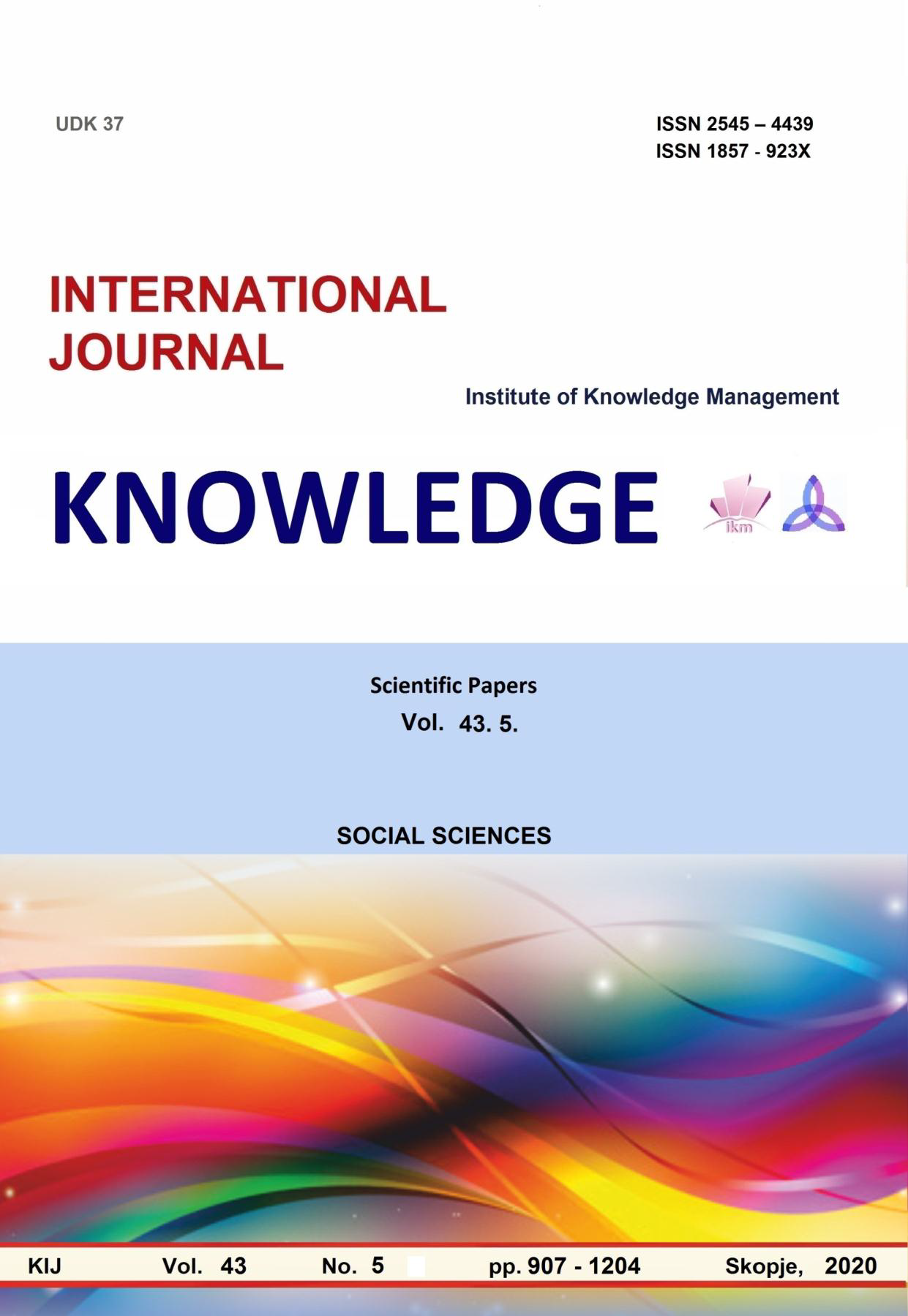PROFILE OF SUCCESSFUL XXI CENTURY LEADERS – A QUALITATIVE APPROACH
PROFILE OF SUCCESSFUL XXI CENTURY LEADERS – A QUALITATIVE APPROACH
Author(s): Iya PetkovaSubject(s): Economy
Published by: Scientific Institute of Management and Knowledge
Keywords: leadership; qualitative survey; effective leadership model; XXI century leadership; competences
Summary/Abstract: The constant change in the business environment imposes redefinition of organizational roles, restructuring of organizational models, changes in the way the organizations function, and different perspectives for leadership. The various leadership theories, considered over time, clearly show how leadership focus has shifted: from narrowly described processes and imposition of sanctions for discrepancies between set and fulfilled, to the perception of the leader as a mentor and a role model who helps employees to develop and succeed. Leadership, as a social phenomenon, unites people around a common goal. The leader empowers and motivate the followers to create added value for the company. Comments about leadership decline are increasingly common nowadays. This is probably one of the reasons the interest in the topic has increased. Leadership has different dimensions and could be discussed from multiple research perspectives. Leadership could be considered through the prism of the leader's functions; the factors on which it depends; the results of leadership, etc. New technologies, IoT, digital transformation and transition to industry 4.0 inevitably affect the way leaders behave. Scholars and practitioners continue to improve the models that would facilitate leaders in their efforts to be effective. There has been a growing interest in qualitative methodology for leadership research. Qualitative approaches allow for more in-depth discussion, conscious understanding of the interviewee's answers, discovering new ideas and phenomena. Based on qualitative survey a model for the effective leader in the XXI century has been elaborated. The center of the model has been built by trust. Trust is found to be essential for leadership. The respondents shared various leadership competences that relates to trust (peace of mind and charisma; strategic orientation; personal commitment; environment of trust; empowerment; delegation of tasks; acts as a mediator, etc.). The other answers were grouped in four broad categories. The first one represents the team spirit. The key competences include communicativeness, ability to listen actively, motivational skills, etc. Business results are in the focus of the next group of competences. The third group is composed of competencies that describe the ability of the leader to support ideas and initiatives. The fourth group of competences is about personal example, which includes behavioral characteristics based on values. The results could serve as a reference point in elaboration of strategies for human resources development, in supporting programs aimed at building specific management skills, as well as in defining corporate models for entrepreneurship.
Journal: Knowledge - International Journal
- Issue Year: 43/2020
- Issue No: 5
- Page Range: 1161-1165
- Page Count: 5
- Language: English

